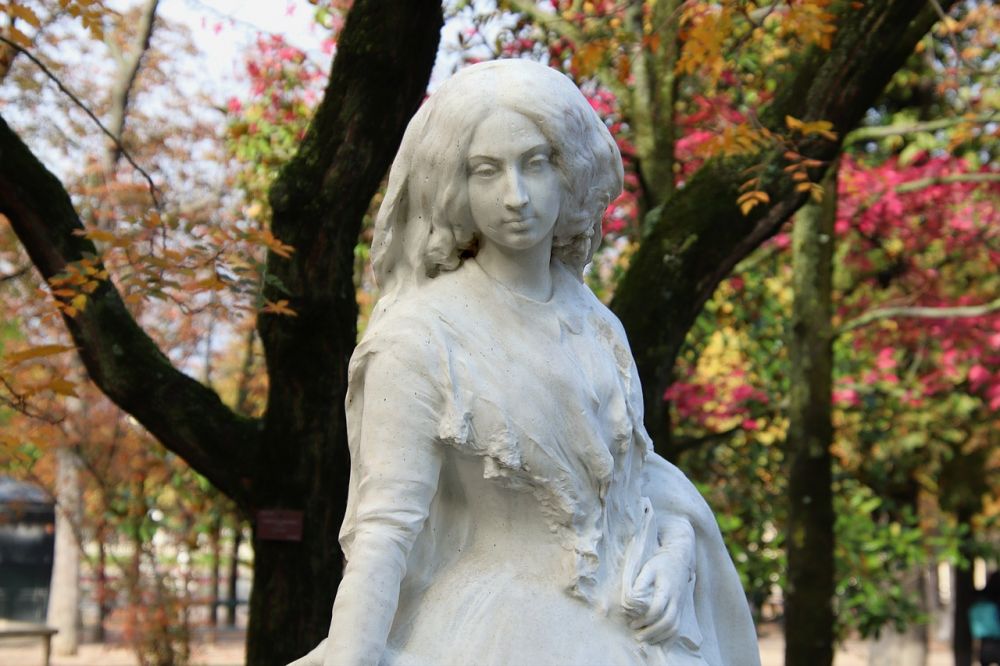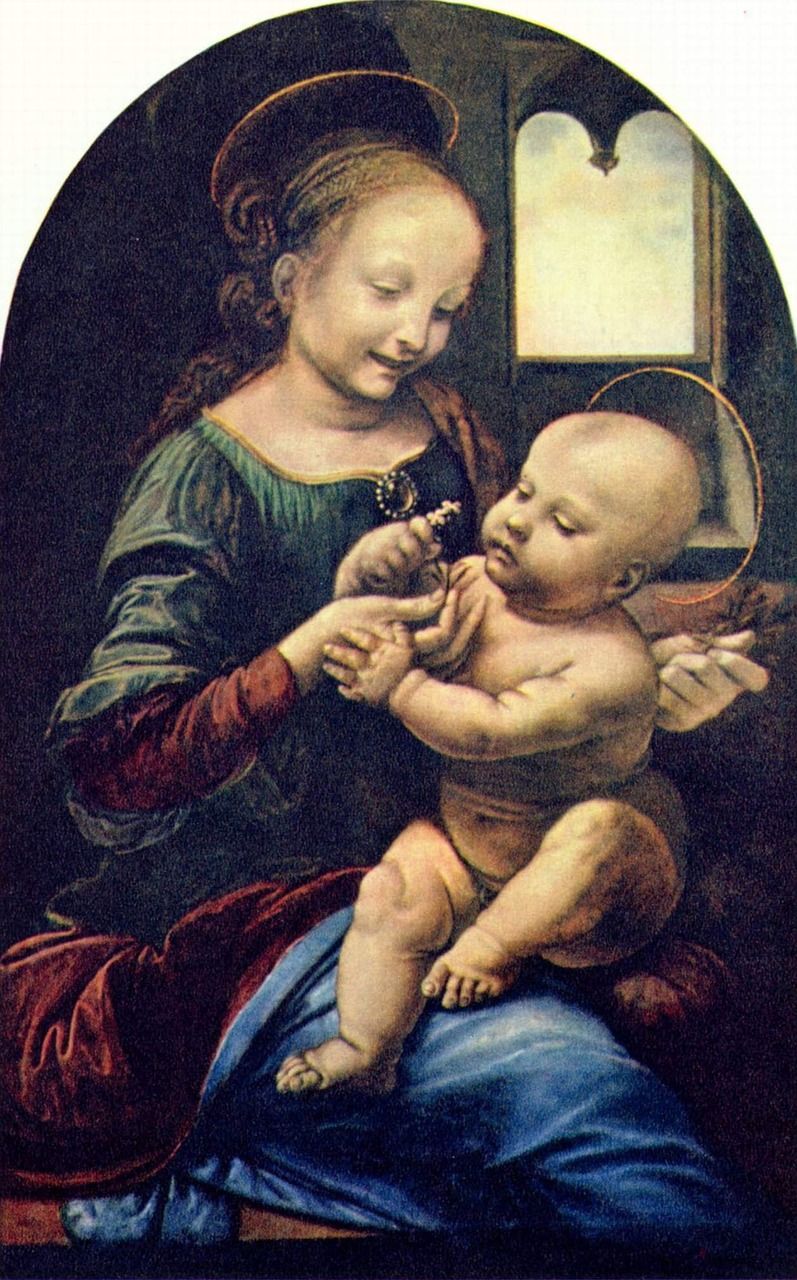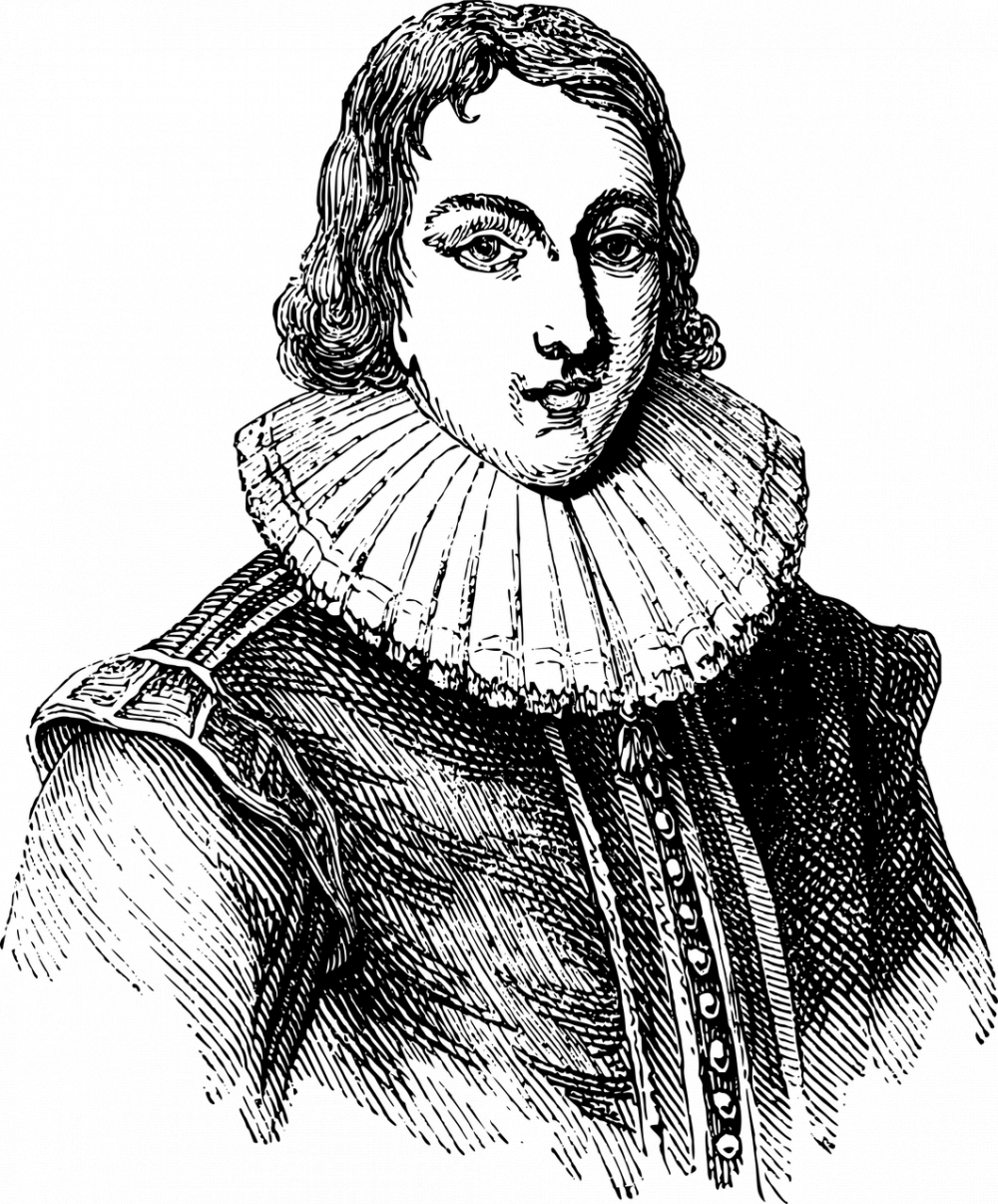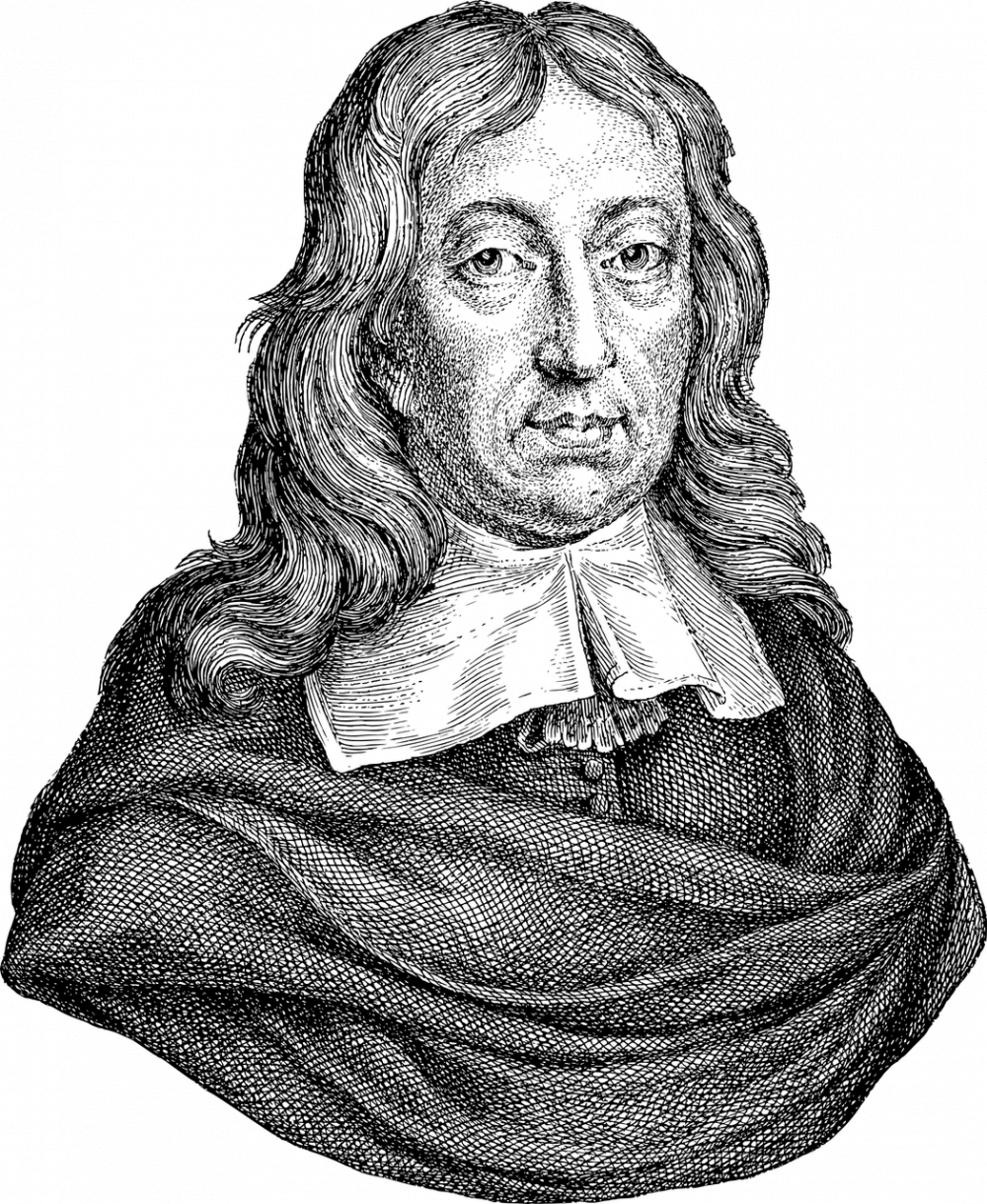George Orwells Animal Farm is a timeless literary masterpiece that continues to captivate readers around the world
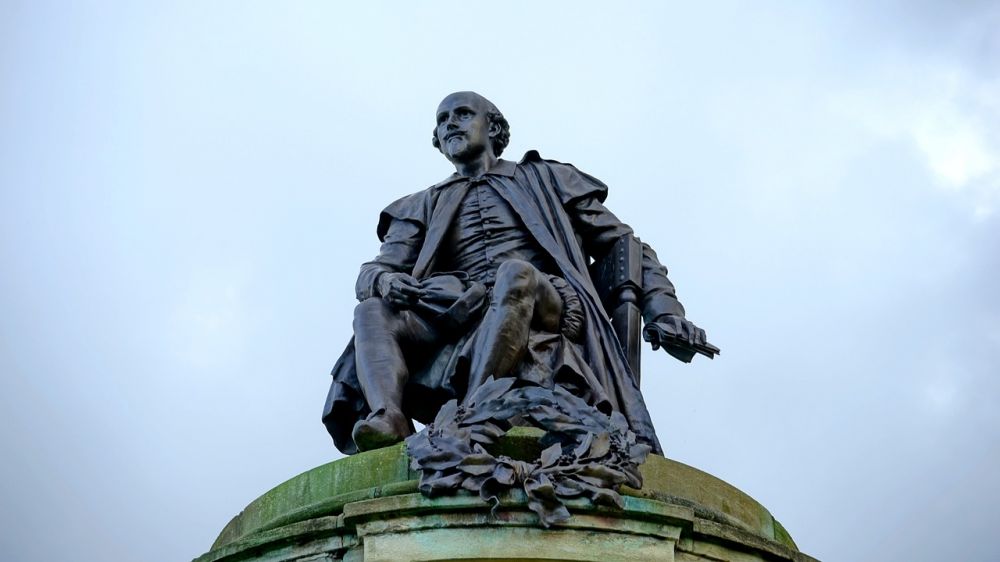
This allegorical novel, published in 1945, reflects Orwell’s deep understanding of politics and his concerns about the abuse of power. Set in a farm where animals overthrow their human owner, “Animal Farm” presents a satirical critique of totalitarianism and serves as a cautionary tale for society.
Introducing
“Animal Farm: George Orwell’s Timeless Allegory”
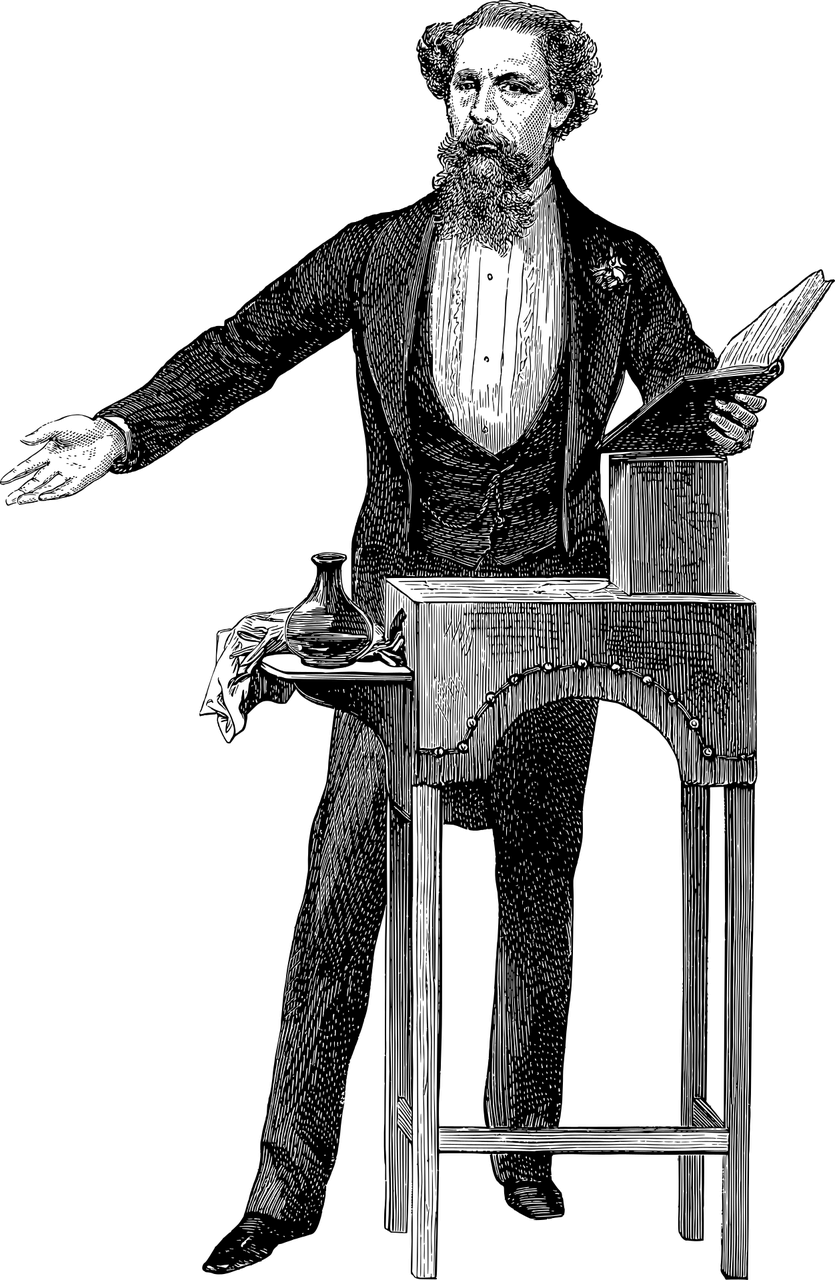
In “Animal Farm,” George Orwell creatively uses animals to represent different individuals and groups in society. The story begins when the animals of Manor Farm rebel against their neglectful farmer, Mr. Jones. Led by the pigs, Snowball and Napoleon, the animals vow to create an egalitarian society where every animal is equal and free from oppression. They establish their own rules, encapsulated in the famous mantra: “All animals are equal, but some animals are more equal than others.”
However, as time passes, the pigs, who possess superior intellect, gradually assume dominance and power. They exploit their fellow animals, rewrite the commandments of Animalism, and engage in corrupt practices reminiscent of human tyrants. The once-idealistic revolution becomes a betrayal of the animals’ original vision, highlighting the corrupting nature of power.
The Historical Evolution of “Animal Farm: George Orwell’s Message”
An analysis of the historical context surrounding the publication and reception of “Animal Farm” provides valuable insights into Orwell’s intentions and the impact of the novel. George Orwell, whose real name was Eric Arthur Blair, experienced firsthand the rise of totalitarian regimes during the mid-20th century, particularly in Nazi Germany and Soviet Russia.
Orwell’s experiences shaped his deep skepticism of political ideologies and their potential for abuse. As an outspoken critiquer of Stalin’s regime and a democratic socialist himself, Orwell was troubled by the betrayal of the Russian Revolution and the subsequent repressions under Stalin’s rule. “Animal Farm” emerged as a scathing critique of Soviet Russia and a warning about the dangers of giving absolute power to corrupt leaders.
Upon its release, “Animal Farm” received mixed reactions from critics. Initially, some leftist intellectuals hesitated to embrace the novel, as it exposed the atrocities committed under the banner of socialism. However, as the realities of Stalinism became undeniable, the novel gained widespread recognition for its allegorical power and sharp political commentary.
Structuring the Text for Featured Snippet Potential
The structure of this article is designed to optimize its potential visibility as a featured snippet on Google. By incorporating bulleted points, it increases the likelihood of being displayed as a concise and informative snippet. The following subheadings and bullet points have been incorporated into the text:
“Animal Farm: George Orwell’s Timeless Allegory”
The Story of Animal Farm
– Rebellion of animals against human oppression
– Introduction of Animalism and the promise of equality
– The pigs’ gradual rise to power and corruption
George Orwell’s Historical Influences
– Orwell’s experiences with totalitarian regimes
– Skepticism of political ideologies and abuses of power
Reception and Impact of Animal Farm
– Initial hesitance from left-leaning intellectuals
– Recognition of the novel’s allegorical power and political critique
Catering to Art Enthusiasts and Collectors
While “Animal Farm” is not directly related to visual art, its themes and socio-political commentary make it relevant to art enthusiasts and collectors. The allegory presented in the novel resonates with artists who explore social issues and challenge the status quo. Additionally, “Animal Farm” serves as a reminder of the importance of critical thinking and vigilance in the face of oppressive systems, values that collectors may appreciate in their pursuit of meaningful and thought-provoking artwork.
In conclusion, “Animal Farm: George Orwell’s Timeless Allegory” remains a powerful work of literature that continues to engage and provoke readers. Its lasting impact and relevance can be attributed to Orwell’s astute understanding of politics and his ability to craft a compelling narrative that exposes the dangers of unchecked power. No matter how much time passes, the lessons imparted by “Animal Farm” will continue to resonate with individuals seeking to understand and challenge oppressive systems.

